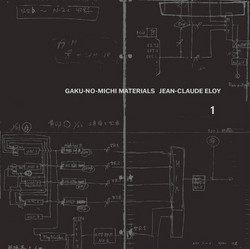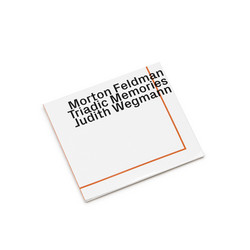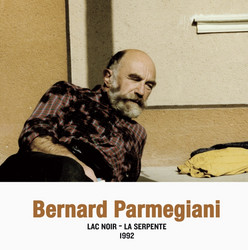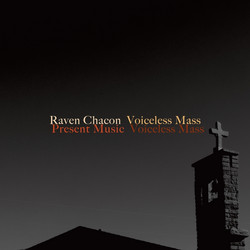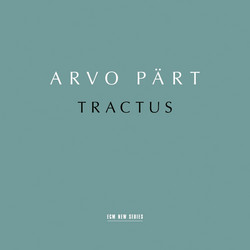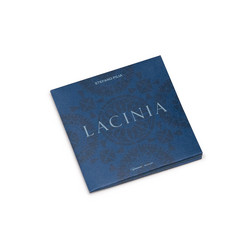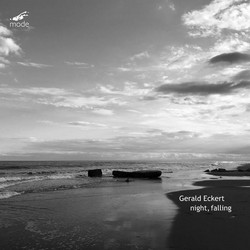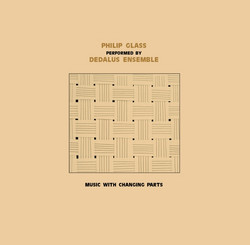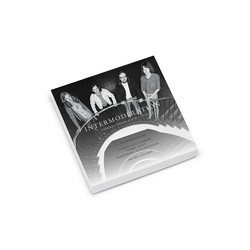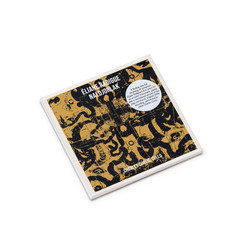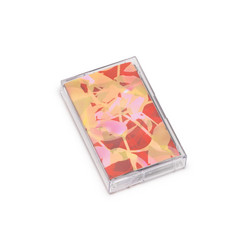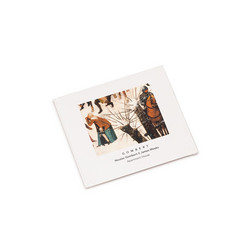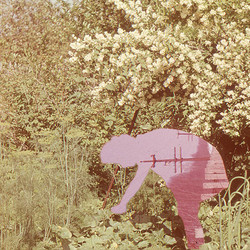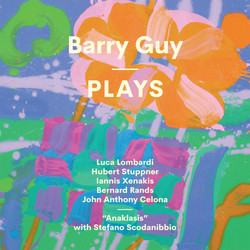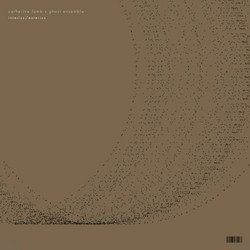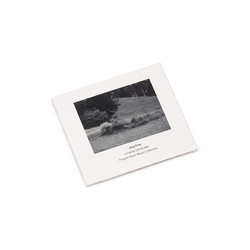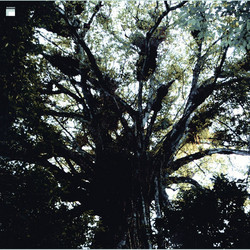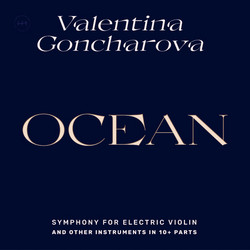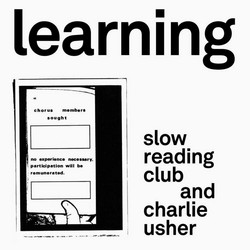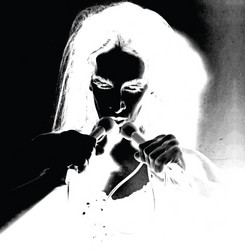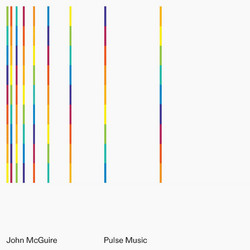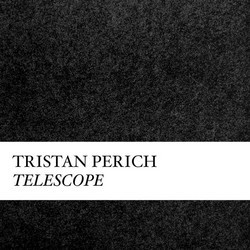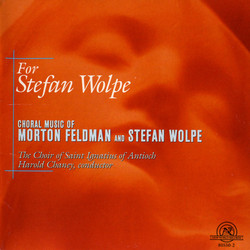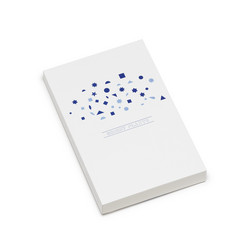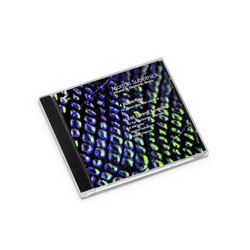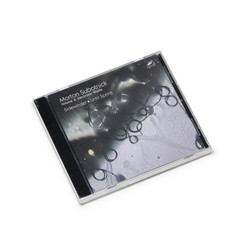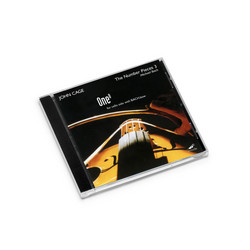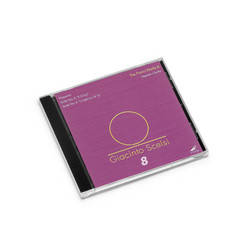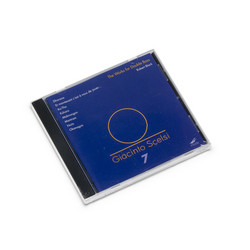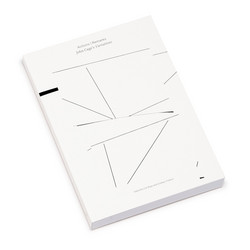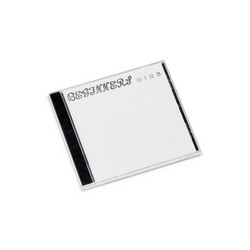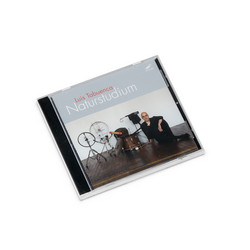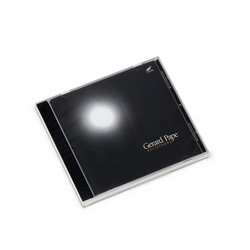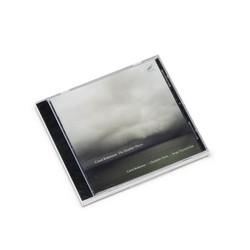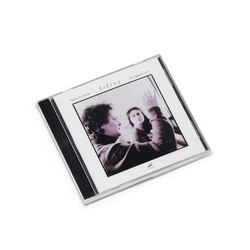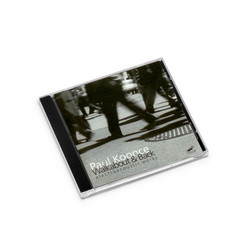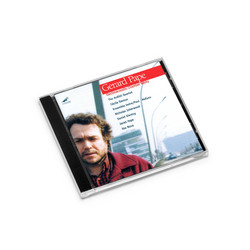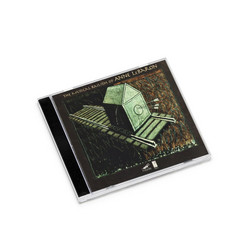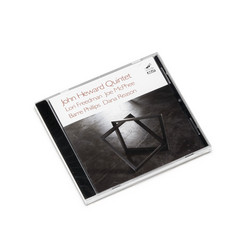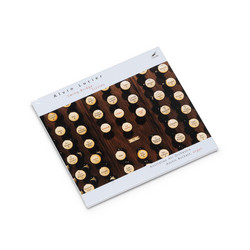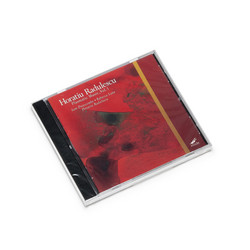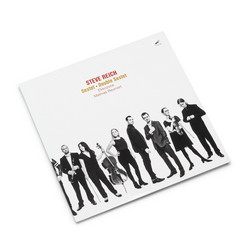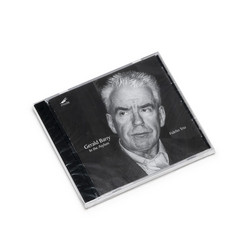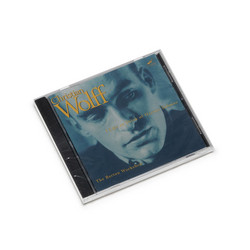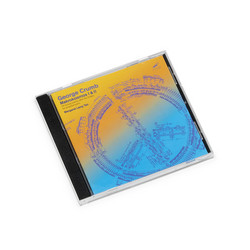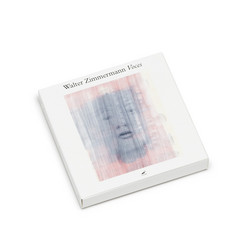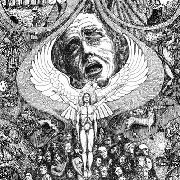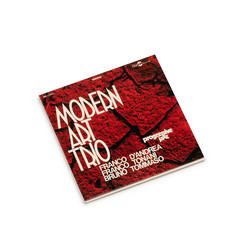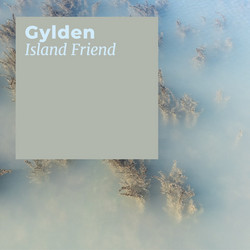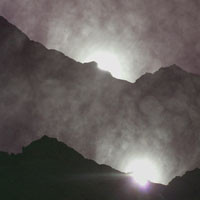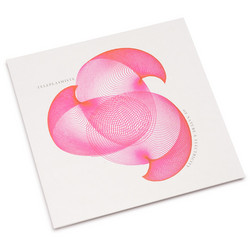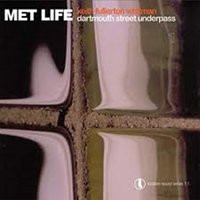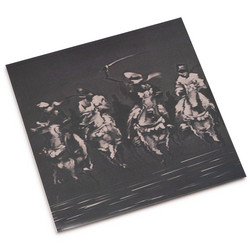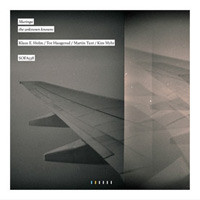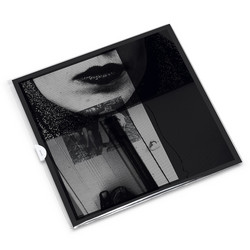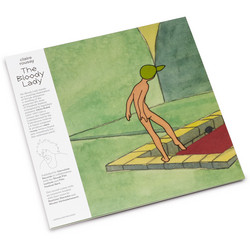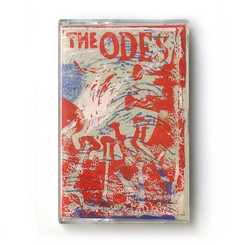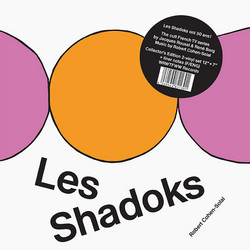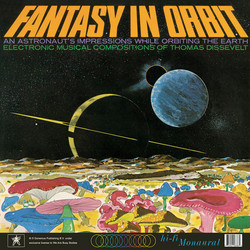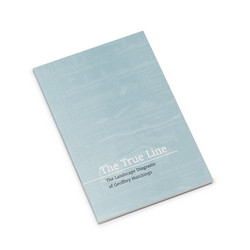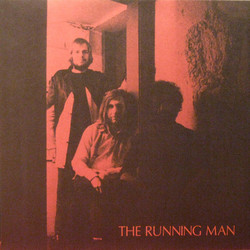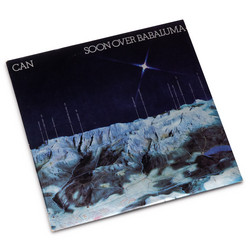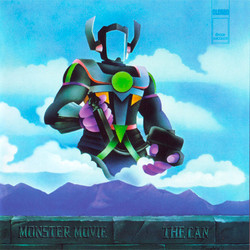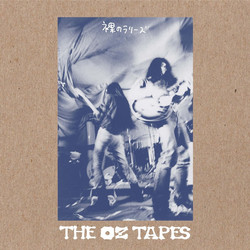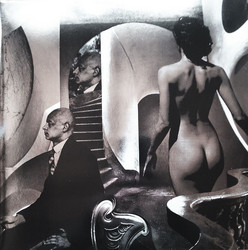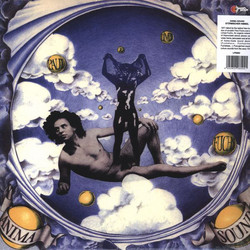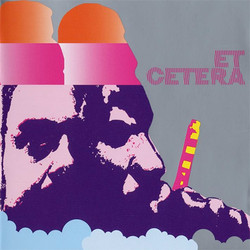** 2021 Stock. Deluxe packaging in slipcase, including essays by Austin Clarkson and Yuval Shaked, and historical photos. Liner notes in English, German, French and Hebrew ** In 1931, Stefan Wolpe escaped from the growing Nazi threat, eventually arriving in Vienna to study with Anton Webern. When the Austrian authorities threatened to deport him back to Germany, he left and eventually settled in Jerusalem in 1934 where he began to teach composition and direct the choir at the Palestine Conservatoire. There he composed music at the forefront of modernism and attempted to organize a Palestine Section of the Inter-national Society for Contemporary Music. His extraordinary musical gifts, fierce energy, and optimistic spirit were admired by his friends and students. Resistance from some toward his music as well as growing violence against the Jews in the area caused Wolpe to move again in 1938-this time to the United States.
However, Wolpe always retained a deep attachment to his spiritual home of Jerusalem, and this disc concentrates on his important works from that time and place.After a conducting course with Scherchen, Wolpe had a vision of how to compose with 12-tones and within a few months completed the Passacaglia for the newly founded Palestine Symphony – but the orchestra turned it down. The work was not heard until 1983, 11 years after the composer’s death, when Charles Wuorinen led the American Composers Orchestra in Carnegie Hall.
Soon after Wolpe arrived in 1934, he was invited to compose music for a theater production of Molière’s Le malade imaginaire. The music served the play wonderfully and “made a very great impression”. The Hexachord Suite is Wolpe’s first essay in amalgamating elements of the musics of the Middle East with progressive European modernism. The oboist is called upon to use a harsh sound that recalled the Arabic double reed instrument, the zurna, which Wolpe heard in Palestine.
In 1937 Wolpe returned to and completed the Concerto that he had begun while studying with Webern. The full score and the violin part were lost, and all efforts to locate them have thus far failed. The score for this recording was assembled from the 8 remaining parts under the supervision of the composer/conductor Johannes Schöllhorn. Schöllhorn considered reconstructing the violin part, but concluded that the most convincing solution was to leave the work as is: “Wolpe’s music is so dense and unpredictable that no attempt to restore the violin part could match the other parts.” The first performance was given Cologne in 2000 by ensemble recherche.
This CD marks a cooperative effort among institutions in Germany, the USA, Canada, and Israel, expressing the historical debt to, as well as recognition of, the stature of Wolpe’s music and a belief in the values he championed with dedication, loyalty, and optimism. 3 world premiere recordings.
